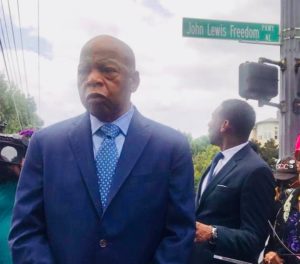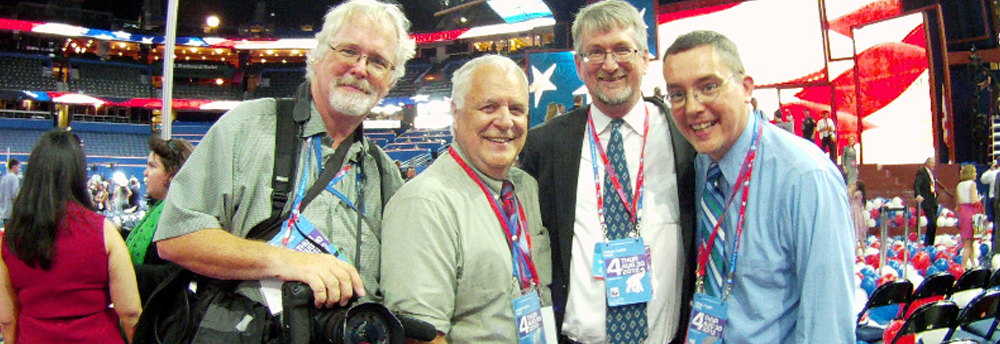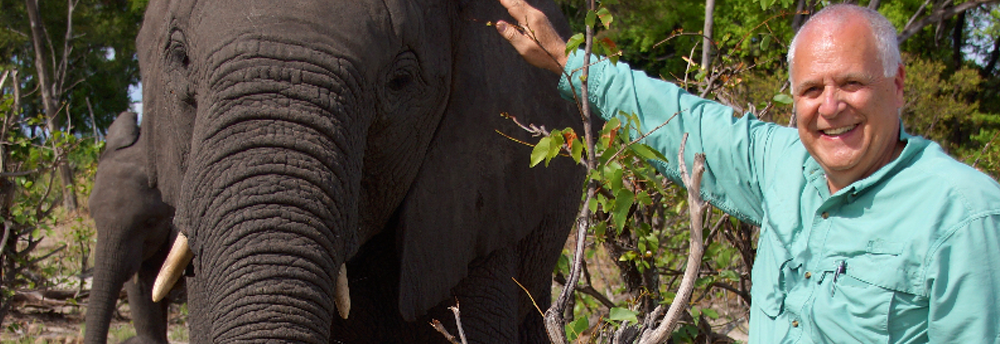
Atlanta is a huge community of smaller communities, each with its own history, identity and personality. They are independent and seldom join forces. An exception occurred in the ’80s when the Georgia Department of Transportation proposed a major highway that would cut through, divide and destroy many of those neighborhoods. Outraged, citizen activists from across the city joined to oppose the road that would become entangled with the development of the Jimmy Carter Presidential Library. The state wanted to ram it down the communities’ throat. Few public officials stood with the communities. Stepping up for the neighborhoods were Mayor Maynard Jackson and John Lewis, who said it was time for some “good trouble.” Lewis taught the peaceful protests used by civil rights workers. “Chain yourself to trees, if you have to,” he said. It dragged on for years until DeKalb County Superior Court Judge Clarence “Chuck” Seeliger told the parties to get together and work it out or he would rule and none of the parties would like what they would hear. They got the message. There was a new road connected to the Carter library but it is much smaller than the one proposed and doesn’t destroy historic communities. That road was just renamed John Lewis Freedom Parkway in honor of the work the civil rights icon did for the communities and his life’s work for civil rights in general. Along the roadway is Freedom Park, which includes John Lewis Commemorative Plaza containing a sculpture called “The Bridge,” by Alabama-based artist Thornton Dial. It commemorates when Lewis led 600 peaceful protestors across the Edmund Pettus Bridge in Selma, Ala., on March 7, 1965, to demonstrate need for voting rights. Alabama state troopers brutally attacked the group in what has been dubbed Bloody Sunday. The images so shocked a nation they contributed to passage of the Voting Rights Act of 1965. Lewis, born in rural Alabama, moved to Atlanta in 1963 when he was 23. He was elected to the Atlanta City Council in 1981. That’s when we crossed paths. As an Atlanta Constitution columnist I was on a crusade to keep billboard companies from destroying trees planted as part of Lady Bird Johnson’s beautification project. Politicians always were harassing me in a fun way. After one such episode in the City Council chambers, Lewis waited for the kidding to stop then said in that peaceful, calm voice he is known for, “I like trees.” We have been friends since. John Lewis, the man who stepped into history when he took a stand on the Edmund Pettus Bridge in Selma, came to my defense. He went to Congress in 1987. Recently he and I were discussing the dismal state of things political and I borrowed a line from the civil rights movement, “This, too, we shall overcome.” He responded likewise, “We shall not be moved.”





Sorry, comments are closed for this post.